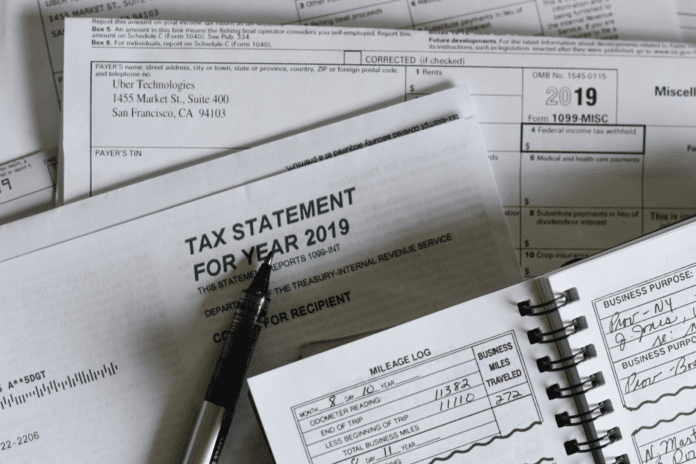(The Center Square) — Americans around the country will begin filing their income taxes as the filing period opened last week, but many could experience major delays from the Internal Revenue Service, which still has millions of unprocessed returns from last year.
The IRS warned Americans last week with an “urgent reminder” to file electronically “to help speed refunds.” The IRS cited “several critical tax law changes that took place in 2021 and ongoing challenges related to the pandemic” for the delays. Americans hoping to receive tax refunds also could see delays, especially if they do not file electronically.
“None of this is new, with the IRS admitting last year that returns which previously took three weeks to process were taking up to four months,” tax expert at the American Enterprise Institute Matt Weidinger wrote. “Record child tax credit payments are pending in the coming tax season, payable to a record number of recipients, even without the passage of further legislation.”
Some have argued the IRS needs more funding to handle the returns, but others point out that the shift toward e-filing should have more than lifted the load for the federal tax-collecting agency.
“In the 1980s, the IRS was processing paper returns, today 81% of returns are e-filed. With the technology and tools available today, the IRS should be far more efficient,” Heritage Foundation economic and tax experts Rachel Greszler and Preston Brashers said in a joint statement.
The National Taxpayer Advocate released its federally commissioned report in mid-December, which said the IRS had 6.2 million unprocessed individual returns, 2.8 million unprocessed business returns, 2.4 million unprocessed amended individual returns, as well as 427,000 amended business returns. For those corresponding with the IRS, their messages are waiting processing along with 4.75 million pieces of correspondence from taxpayers around the country.
“The IRS is in crisis and needs to apply resources to its core mission — processing returns and paying the corresponding refunds,” the group said.
Another factor for the backlogs is that Congress expanded the IRS’ power and responsibilities significantly in recent months. That expansion included a monthly child tax credit program that handed out funds to millions of American families based on income and the number of children they have.
Critics say this expansion, and the ensuing backlogs, are evidence the IRS has gone beyond its bounds.
“As part of the American Rescue Plan, during 2021 the IRS issued monthly checks to the families of roughly 60 million children,” Greszler and Brashers said. “More generally, Congress has continued to expand ‘refundable’ tax credits, payments from the IRS to individuals who pay no income tax. Because they offer checks in the mail, refundable tax credit programs are rife with fraud, as well as improper payments through no fault of the recipient. These programs are extremely costly to implement while ensuring checks are going out to whom they were intended. If Congress wants to eliminate backlogs going forward, it should focus on simplifying the tax code and it should stop expanding the scope of what the IRS does.”
Th backlogs are fueling congressional Republicans, who have been demanding answers from the Biden administration for months on mismanaged and wasted tax dollars.
Republicans sent letters to the IRS in April and November last year pressing these same questions. Members sent a letter again in December raising questions about the backlog.
“This massive backlog is causing significant and unnecessary burdens for families and small businesses who can’t get answers from the IRS about why their returns have not been processed,” the letter said. “The IRS is in danger of falling into a vicious backlog cycle that will harm millions of taxpayers.
“As the Internal Revenue Service (IRS) prepares for the 2022 tax filing season, we write with great concern regarding the backlog of unprocessed returns from the current 2021 and 2020 filing seasons,” the letter adds.


















